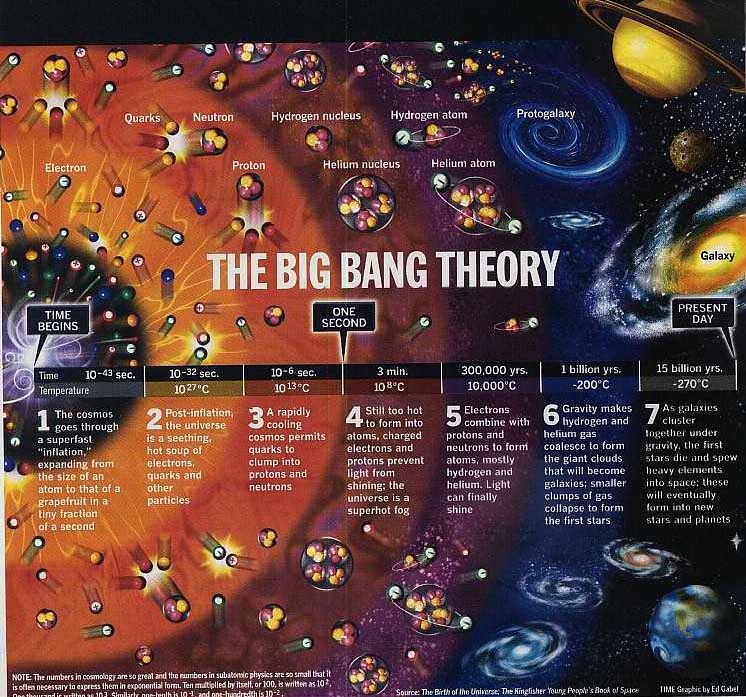I have continued
to be in dialogue with Bradley
Bowen on The Secular Outpost throughout his Argument Against the Resurrection of Jesus series. He wrote
in part 10 of the series:
A key claim made by Christian apologists who defend the resurrection goes like this:
(JAW) Jesus of Nazareth was alive and walking around unassisted on the first Easter Sunday.
We are considering the implications of the following supposition:
4. (JAW) is false.
On this supposition, there are three logical possibilities:
A. Jesus was not alive on the first Easter Sunday.B. Jesus was alive on the first Easter Sunday but did not walk at all that day.C. Jesus was alive on the first Easter Sunday but was walking only with assistance from others.
Here is my response:
If A is true then the Apparent Death Theory (ADT) is not
true. Since the Gospel accounts and historical records agree that Jesus was crucified
we know that Jesus was subjected to a life threatening situation. This means
that Jesus would have to survive scourging, crucifixion and very likely a spear
thrust to the side that pierced his heart. We know that Suetonius, Josephus, Cicero and
Livy all documented cases where people died during or shortly after scourging,
and that scourging of non-Roman citizens was common before crucifixions. We
also know that the Romans executed thousands of people via crucifixion, and so
were very good at it. This means that Jesus would have to survive two life
threatening events.
Jesus also very likely received a
spear thrust to the side. John 19:32-34 says, “So the soldiers came and broke
the legs of the first, and of the other who had been crucified with him. But
when they came to Jesus and saw that he was already dead, they did not break
his legs. But one of the soldiers pierced his side with a spear, and at once
there came out blood and water.” This accords with what the South
African Medical Journal wrote in "The history and pathology of crucifixion." They wrote, "The attending Roman guards could only leave the site after the victim
had died, and were known to precipitate death by means of deliberate fracturing
of the tibia and/or fibula, spear stab wounds into the heart, sharp blows to
the front of the chest, or a smoking fire built at the foot of the cross to
asphyxiate the victim." So, it seems
likely that Jesus would have to survive a spear thrust to the side as well.
Even if Jesus was somehow
alive after sustaining a massive amount of trauma, he would have to survive
three days in critical or serious condition in the tomb of Joseph of Arimathea’s
tomb without the medical care he would desperately needed. Even if someone made
it past the Roman guards and rescued Jesus he would have to go sometime without
medical care and the care who would have eventually received would be very primitive
by today’s standards.
Most NT scholars agree
that Jesus was buried in the tomb of Joseph of Arimathea. Even the agnostic
scholar Bart Ehrman said, “The earliest accounts we have are unanimous in
saying that Jesus was in fact buried by his fellow, Joseph of Arimathea, and so
it’s relatively reliable that’s what happened.” This means that since the
highly experienced and disciplined soldiers that crucified really believed that
he was dead. 1 Peter 1:3, 1 Corinthians 15:3-4 and
the Gospel accounts all indicate that Jesus followers also believed that Jesus
died on the cross. So, everyone around Jesus believed that he really died on
the cross. It also means that if Jesus’ body never made it out of the tomb then
it would be obvious to everyone involved that Jesus was dead and not resurrected.
Roman historians also validate the
Biblical accounts. Tacitus wrote:
Christus, from whom the name had its origin, suffered the extreme penalty during the reign of Tiberius at the hands of one of our procurators, Pontius Pilatus, and a most mischievous superstition, thus checked for the moment, again broke out not only in Judaea, the first source of the evil, but even in Rome, where all things hideous and shameful from every part of the world find their centre and become popular.
Tacitus confirms that
Jesus was executed by Pontius Pilate.
The Gospel accounts also accord with
what Josephus’ history He wrote, “At this time there was a wise man who was
called Jesus. His conduct was good and (he) was known to be virtuous. And many
people from among the Jews and the other nations became his disciples. Pilate
condemned him to be crucified and to die.” Again, it is confirmed that Jesus
was crucified by Pilate.
So, taken all together there is a lot
of evidence that suggests that Jesus died after being scourged, crucified and
speared. This is why physician C. Truman Davis writes, “Apparently, to make doubly sure of death,
the legionnaire drove his lance between the ribs, upward through the
pericardium and into the heart. John 19:34 states, ‘And immediately there came
out blood and water.’ Thus there was an escape of watery fluid from the sac
surrounding the heart and the blood of the interior of the heart. This is
rather conclusive post-mortem evidence that Jesus died, not the usual crucifixion
death by suffocation, but of heart failure due to shock and constriction of the
heart by fluid in the pericardium.”
This is why I think that the ADT is
probably not true. Jesus would have to have to survive an extraordinary amount
of trauma and three events that could likely kill him. However, Jesus’ empty
tomb and post mortem appearances greatly lower the chances that A is true. All
four Gospel accounts, Acts 1, Acts 13:28-32, 1 Corinthians 15:3-8 and 1 Peter
1:3-4 all claim that Jesus rose from the dead.












